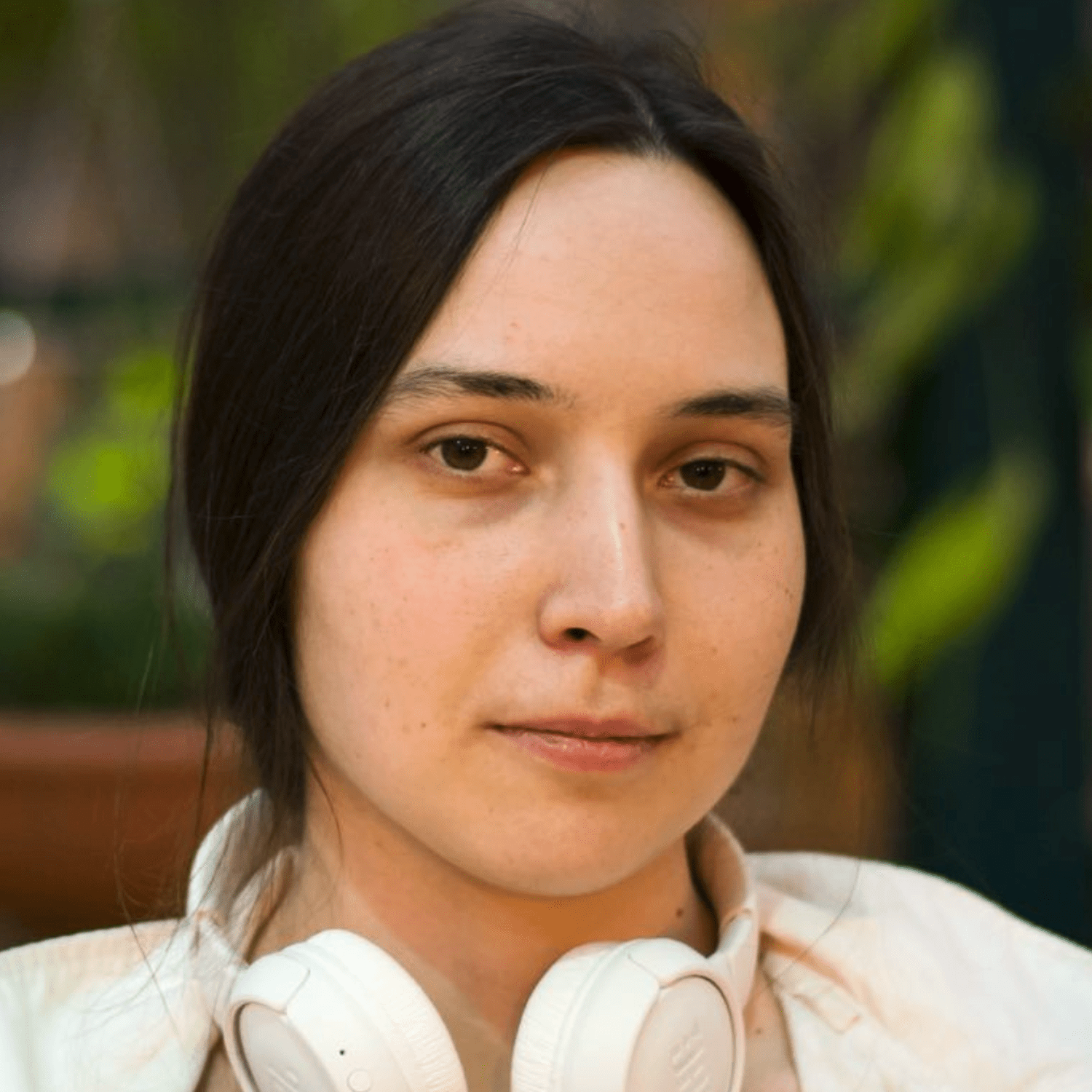Judge questions deportation case of Harvard scientist accused of smuggling frog embryos

An immigration judge has found the U.S. government’s initial deportation case against Kseniia Petrova, a Russian-born Harvard scientist held in ICE detention, to be legally deficient, her attorney said, raising questions about whether the case can move forward.
The preliminary immigration hearing, held in Jena, Louisiana, included three trial attorneys and a deputy chief counsel from Immigration and Customs Enforcement. Petrova’s attorney Greg Romanovsky described their presence as unusual for an early-stage proceeding.
“In my 25 years of practice, I’ve never seen anything like it,” he said.
The judge determined that the Notice to Appear — the official document initiating deportation proceedings — did not meet legal standards, Romanovsky said. ICE has been given one week to file additional documentation to support its charge that Petrova is deportable. A follow-up hearing has been scheduled for July 22 to determine whether the case can proceed.
If the judge rules that the deportability charge is valid, a final hearing on Petrova’s asylum application will be scheduled. Until then, a resolution in the case is likely to be months away, Romanovsky said.
Petrova, 30, remains in ICE custody at Richwood Correctional Center in Monroe, Louisiana, where she has been held for about two months. She was a leading scientist at Harvard’s renowned Kirschner Lab until she was arrested at a Boston airport in mid-February. She is fighting possible deportation to Russia, where she said she fears persecution and jail time over her protests against the war in Ukraine.
Her lawyer is now focused on securing her release, arguing that she should not remain in detention while her case remains in procedural uncertainty.
The push for her release centers on a separate federal case Petrova’s attorney has filed in U.S. District Court in Vermont, where she is suing the Department of Homeland Security over what she alleges was an unlawful visa cancellation and her subsequent detention. A hearing in that case is scheduled for May 14 in Burlington, Vermont.
“She shouldn’t have to wait for the outcome of a prolonged legal process while sitting in detention in Louisiana,” Romanovsky said.
The outcome of the Vermont federal hearing could significantly affect Petrova’s detention status ahead of the July immigration court hearing in Louisiana.
The Department of Homeland Security said in a statement X that Petrova was “lawfully detained after lying to federal officers about carrying substances into the country.”
“A subsequent K9 inspection uncovered undeclared petri dishes, containers of unknown substances, and loose vials of embryonic frog cells, all without proper permits,” DHS said in the post. “Messages found on her phone revealed she planned to smuggle the materials through customs without declaring them.”
Petrova described the incident differently.
“They asked if I have any biological samples in my luggage. I said yes,” she previously told NBC News from detention in Louisiana. She described confusion over the customs procedures and a lengthy interrogation by Customs and Border Protection officers.
“Nobody knew what was happening to me. I didn’t have any contact, not to my lawyer, not to Leon, not to anybody,” she said, referring to Dr. Leon Peshkin, a principal research scientist at Harvard’s Department of Systems Biology and her manager and mentor. “And the next day, they didn’t say what would happen. I was waiting in a cell.”



